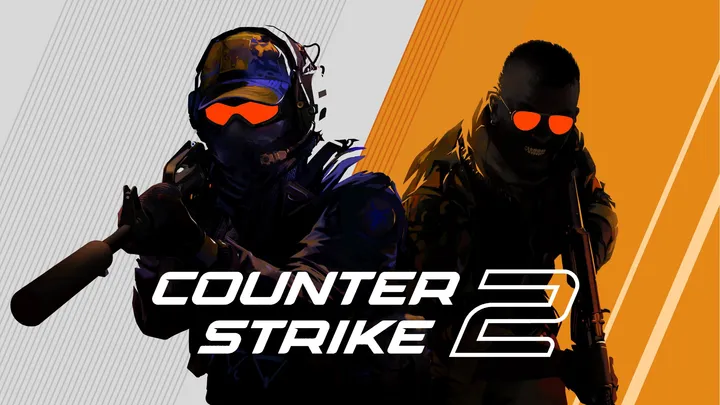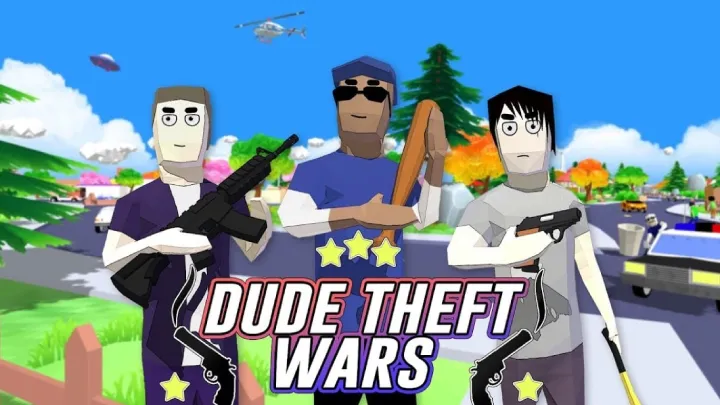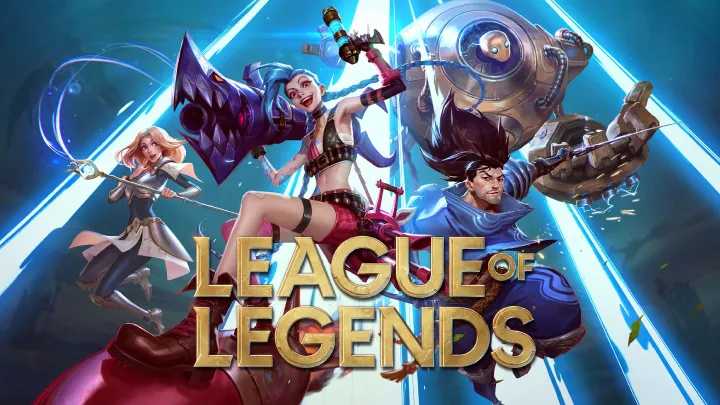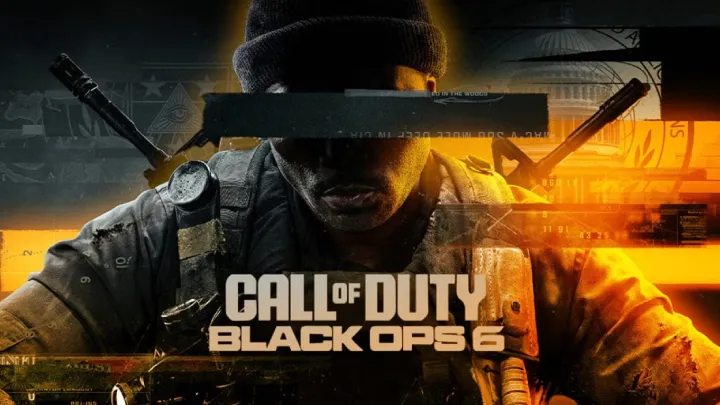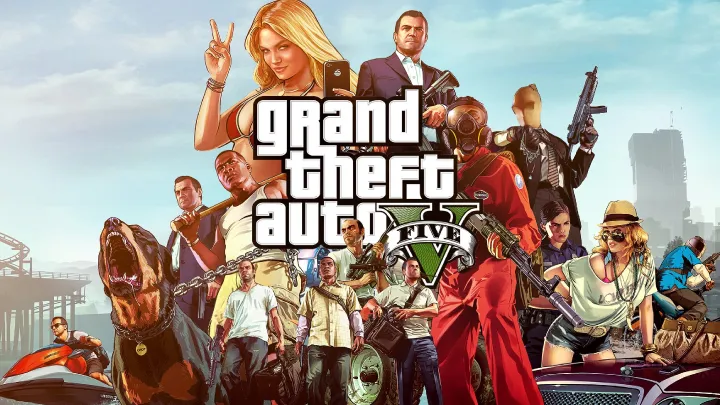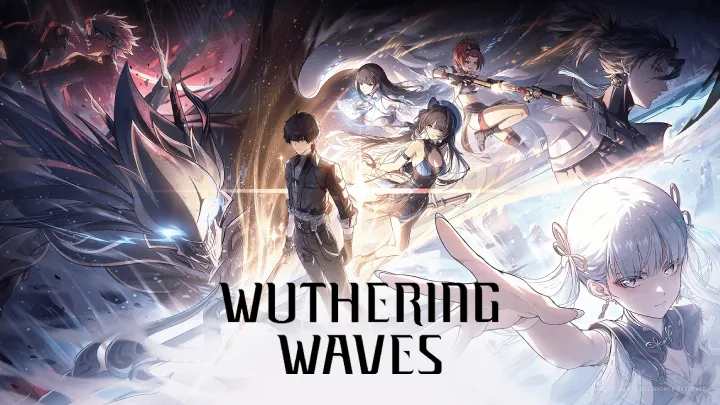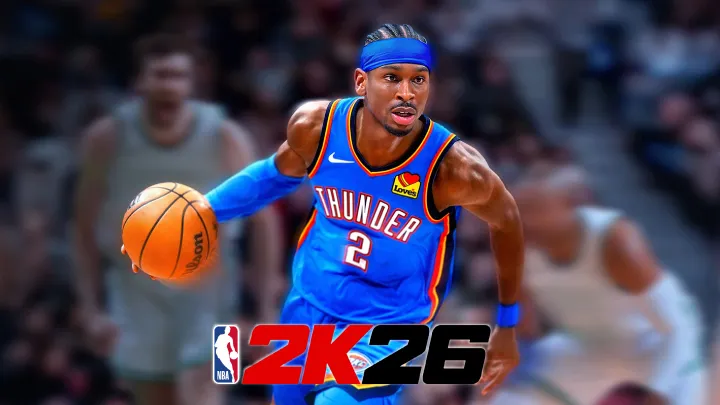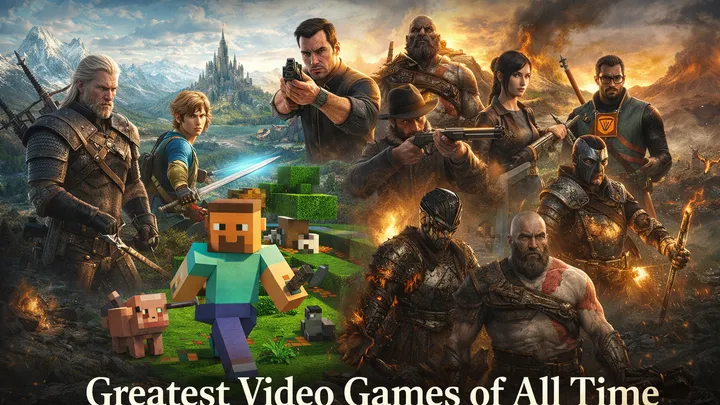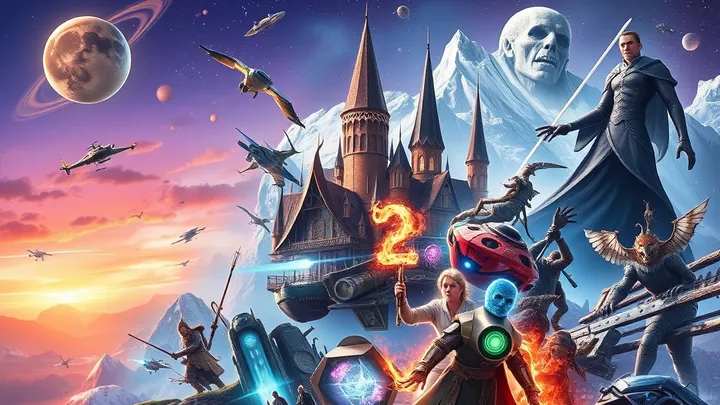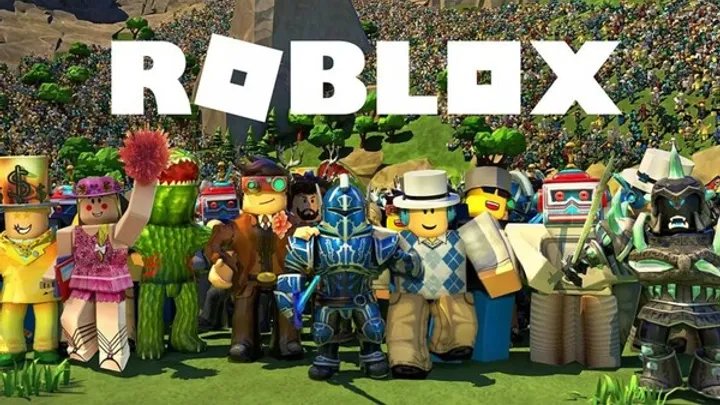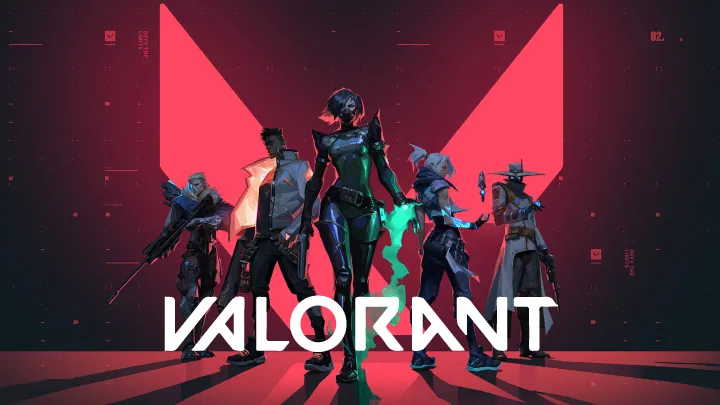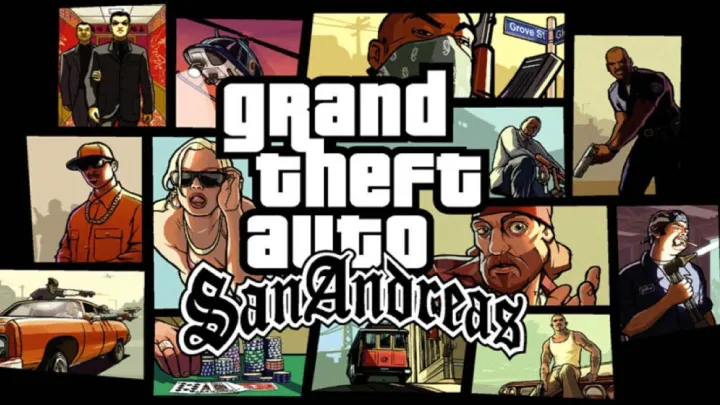Introduction
Counter-Strike 2 (CS2) is the highly anticipated sequel to the iconic Counter-Strike series, developed by Valve Corporation. Building on the legendary foundations of its predecessors, CS2 aims to refine the competitive first-person shooter experience while introducing a range of new features and enhancements. The franchise has long been revered for its tactical gameplay, team dynamics, and community-driven content. With CS2, Valve seeks to innovate while remaining true to the core elements that made Counter-Strike a staple in competitive gaming.
This review will explore Counter-Strike 2 through various lenses, including gameplay mechanics, graphics and audio design, game modes, community engagement, and the strengths and weaknesses of the title.
Core Gameplay Mechanics
Tactical Gameplay
At its core, Counter-Strike 2 retains the franchise's signature tactical gameplay that emphasizes teamwork, communication, and skill. Players choose to join either the Terrorists or Counter-Terrorists in a variety of game modes that require strategic planning and coordination.
- Team Dynamics:
- Teams must work together to achieve objectives, whether it’s planting explosives, rescuing hostages, or defending bomb sites. Each player’s role—be it entry fragger, support, or sniper—affects the team's success.
- Effective communication via voice chat or in-game commands is crucial, as players must relay information about enemy positions, coordinate attacks, and plan strategies.
- Weapon Mechanics:
- The game features an extensive arsenal of firearms, each with distinct handling characteristics. Players must learn weapon recoil patterns, damage outputs, and effective range to maximize their effectiveness.
- The economy system, a hallmark of the series, remains integral. Players earn money through completing objectives and eliminating opponents, using it to buy weapons, armor, and utilities. Managing finances strategically adds depth to the game.
New Features
Counter-Strike 2 introduces several new features and mechanics to enhance the gameplay experience:
- Updated Graphics Engine:
- Utilizing the Source 2 engine, CS2 boasts graphical improvements that enhance visuals, lighting, and environmental detail. This engine upgrade allows for more responsive gameplay and improved animation fidelity.
- Enhanced particle effects, realistic water dynamics, and improved character models contribute to a more immersive experience without sacrificing performance.
- New Maps and Environments:
- The game features a mix of classic maps with updated designs and brand-new environments tailored for competitive play. Each map is crafted to encourage tactical gameplay while providing unique opportunities for strategy and ambush.
- Interactive elements within maps, such as destructible environments or alternative pathways, introduce layers of complexity and require players to adapt their strategies dynamically.
- Enhanced Gameplay Mechanics:
- New movement mechanics allow for smoother transitions and greater agility, enabling skilled players to execute complex maneuvers effectively.
- The introduction of “tick rate” improvements ensures more accurate hit registration and smoother gameplay, addressing long-standing concerns from the community about latency and hit detection.
Visuals and Audio Design
Graphics
Counter-Strike 2 shines with its refined graphics and art style:
- Source 2 Engine:
- The transition to the Source 2 engine enhances graphical fidelity significantly. More realistic textures, improved lighting, and detailed environments elevate the visual experience, creating lifelike scenarios that draw players deeper into the action.
- Character Models and Animations:
- Enhanced character models move with fluidity, and animations have been meticulously polished to convey realism and weight. This improvement enhances immersion and player connection to their characters.
- Map Design:
- Each map is visually distinctive, with a strong sense of place. The use of color, composition, and lighting contributes to an engaging environment, helping players easily navigate while providing strategic opportunities.
Audio Design
The audio experience in Counter-Strike 2 significantly contributes to gameplay immersion:
- Dynamic Soundtrack:
- A new dynamic soundtrack adapts to in-game situations, enhancing tension during critical moments. The audio cues provide feedback regarding the current state of the match, intensifying the experience.
- Sound Effects:
- Weapon sounds are crisp and impactful, and footsteps can be distinctly heard, providing crucial information about enemy movements. This auditory feedback is essential for players to make informed decisions, enhancing the strategic depth of gameplay.
- Voice Lines and Communication:
- Voice lines for character interactions add flavor to the gameplay, while the clarity of player communications enhances team coordination.
Game Modes
Counter-Strike 2 continues to offer various game modes that cater to different playstyles and preferences:
- Competitive Mode:
- The core experience remains in the competitive mode, where two teams compete to complete objectives. This mode is where players can test their skills against others in a ranked setting, using strategies honed in matches.
- Players can climb the ranks and earn rewards, incentivizing dedication and skill development.
- Casual Mode:
- For those seeking a less intense experience, casual mode offers a more relaxed environment with altered rules and dynamics. This mode serves as a great introduction for new players while allowing veterans to unwind.
- Deathmatch and Other Modes:
- The inclusion of classic modes like Deathmatch provides players with a chance to practice their aiming and movement, while community-driven modes allow for creative gameplay experiences.
Community Features
Counter-Strike 2 builds upon the strong community foundations laid by its predecessors:
- Community Engagement:
- The game encourages active community involvement through user-generated content, such as maps and skins, adding a layer of personalization and creativity.
- Steam Workshop Integration:
- Players can access and share community-made maps, modes, and skins through the Steam Workshop, fostering a vibrant culture of creativity and collaboration.
- In-Game Events:
- Valve frequently hosts seasonal events and competitions, further engaging the community and providing opportunities for players to earn rewards or recognition.
Narrative Depth
While Counter-Strike 2 is largely focused on gameplay mechanics, it retains a backdrop of thematic depth:
- Conflict and Strategy:
- The ongoing battle between Terrorists and Counter-Terrorists reflects real-world themes of conflict, strategy, and cooperation, inviting players to engage with the consequences of their actions in a team-based environment.
- Character Background:
- While the game does not center on character-driven narratives, each operative and environment is infused with lore that enriches the experience and encourages players to see the stakes of their battles beyond mere competition.
Strengths and Weaknesses
Strengths
- Refined Gameplay Mechanics: Smooth movement, improved tick rates, and enhanced animations create a responsive and fluid gameplay experience.
- Graphical Enhancements: The transition to the Source 2 engine offers stunning visuals and immersive environments that elevate the overall experience.
- Rich Community Features: Active engagement through custom content and in-game events fosters a vibrant player ecosystem.
- Diverse Game Modes: Various modes cater to different player preferences, allowing for both competitive play and casual enjoyment.
- Audio Feedback: Excellent sound design enhances immersion, providing critical information to players during tense moments.
Weaknesses
- Complexity for New Players: The tactical nature of the game may overwhelm newcomers, requiring significant time investment to master.
- Balance Issues: While improvements have been made, some players may still experience balance issues with certain weapons or strategies.
- Potential for Technical Bugs: As with many newly launched titles, players may encounter bugs or performance issues, particularly in the early weeks after release.
- Learning Curve: The game's depth requires a substantial learning curve, which could discourage casual players looking for a more immediate experience.
- Community Pressures: Competitive environments can create toxic atmospheres, particularly for newer players facing skilled opponents.
Future Prospects
Updates and Expansions
Valve has a history of updating Counter-Strike games, and CS2 is likely to receive ongoing support, including:
- Content Updates:
- Continuous addition of new maps, skins, and game modes can keep the player base engaged and encourage returning players to explore fresh content.
- Balancing Patches:
- Regular balance adjustments will be crucial for fine-tuning weapon and gameplay dynamics, ensuring a fair competitive environment.
Community Involvement
Encouraging player-created content through tools and events may further solidify the game’s long-term viability and community engagement. Listening to player feedback is essential for continuous improvement and maintaining a healthy gaming ecosystem.
Conclusion
Counter-Strike 2 stands as a worthy successor to the iconic franchise, blending refined mechanics, stunning visuals, and deep strategic gameplay to create an engaging competitive experience. While it may present challenges for newcomers and face typical launch issues, its strengths in community features and immersive design make it a compelling choice for both veterans and newcomers to the series.
Final Thoughts
In summary, Counter-Strike 2 invites players into a dynamic world where teamwork and strategy reign supreme. With its innovative features and commitment to competitive integrity, this entry into the beloved franchise promises to capture the hearts of longtime fans while welcoming new players into the fold. Whether you’re looking to refine your skills in competitive play or revel in the vibrant community, CS2 offers a thrilling journey into the heart of tactical shooting. Prepare to gather your squad and step into the world of Counter-Strike 2, where every match is a battle, every player is a potential ally, and every round brings a new opportunity for triumph!














































